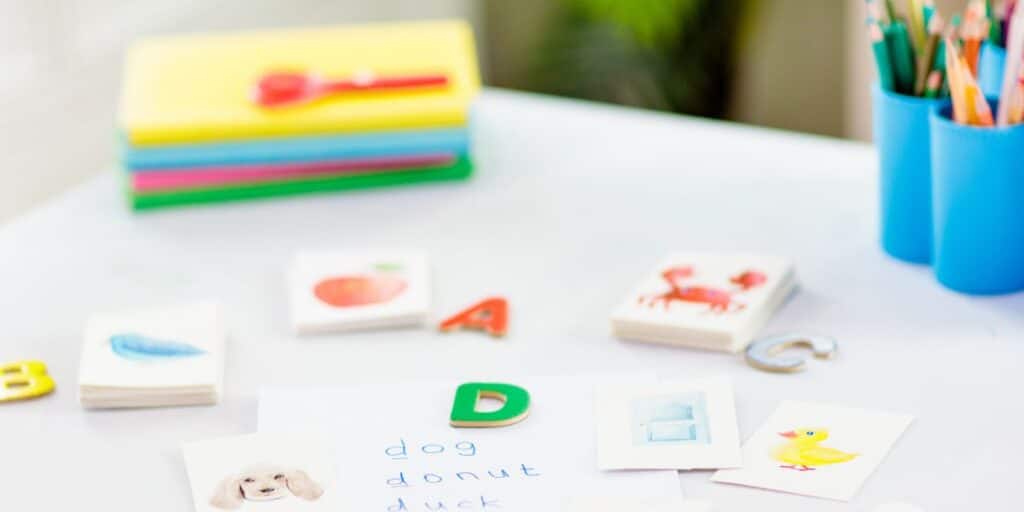Try SentryPC Today DEMO AVAILABLE
Experience powerful monitoring with instant demo access
Leadership isn’t just for the boardroom; it’s a life skill that benefits kids throughout their lives. By nurturing leadership qualities early, parents can help children build confidence, improve communication, and develop problem-solving abilities. Ready to teach your kids how to be leaders? Here are five creative and fun activities that you can easily try at home.

1. Create a Family “Mission Statement”
- Activity Overview: Gather your family and brainstorm a mission statement. Discuss your core values, goals, and the type of environment you want at home.
- Leadership Skills Developed: Vision, communication, teamwork.
- Why It Works: Creating a mission statement teaches kids the importance of setting goals and collaborating to achieve them. It empowers them to express their ideas and understand the value of shared vision.
Example: “Our family values kindness, learning, and helping others. We support each other, have fun together, and strive to always try our best.”
2. Organize a “Mini-Project”
- Activity Overview: Let your child lead a small project, such as planning a family outing, organizing a yard sale, or hosting a bake sale. Give them the freedom to make decisions, but be there to guide when needed.
- Leadership Skills Developed: Planning, decision-making, problem-solving.
- Why It Works: By giving kids responsibility, they learn to take initiative, make decisions, and manage resources. This experience is invaluable in teaching adaptability, problem-solving, and how to handle constructive feedback.
Tip: Start with a simple project, like planning a weekend picnic, and gradually introduce more complex tasks as they grow..
3. Encourage Group Games and Activities
- Activity Overview: Involve your kids in group activities like team sports, board games, or building a LEGO project with friends. These games require cooperation, strategy, and communication.
- Leadership Skills Developed: Teamwork, strategic thinking, communication.
- Why It Works: Group games naturally encourage children to lead, collaborate, and make decisions. They learn to appreciate different perspectives and find creative solutions to challenges.
Game Suggestion: Try “Escape Room” games at home, where kids have to work together to solve puzzles and “escape” within a set time limit.
4. Role-Playing Leadership Scenarios
- Activity Overview: Set up role-playing scenarios where your child can practice leadership. For example, act out a “business meeting” where they have to pitch an idea, or a “town hall” where they solve a community problem.
- Leadership Skills Developed: Public speaking, empathy, conflict resolution.
- Why It Works: Role-playing provides a safe environment for kids to practice leadership behaviors, such as assertive communication and active listening. It builds confidence and allows them to experiment with different leadership styles.
Scenario Idea: Have your child act as a “team leader” who has to resolve a conflict between two team members (played by you and another family member).
5. Read Books About Inspiring Leaders
- Activity Overview: Make reading a habit by selecting books featuring inspiring leaders—whether they’re fictional characters like Hermione Granger or real-life figures like Nelson Mandela. After reading, discuss what makes these characters great leaders.
- Leadership Skills Developed: Inspiration, critical thinking, moral reasoning.
- Why It Works: Stories are powerful tools for teaching values. Through reading, kids learn about qualities like courage, empathy, and resilience. Discussing these traits helps them understand how they can apply leadership skills in their own lives.
Book Recommendations:
- “I Am Malala” by Malala Yousafzai (for older children)
- “The Boy Who Harnessed the Wind” by William Kamkwamba
- “The Berenstain Bears and the Trouble with Friends” (for younger children)
Try SentryPC Today DEMO AVAILABLE
Experience powerful monitoring with instant demo access
Conclusion: Empowering the Next Generation of Leaders
Teaching leadership to children doesn’t require formal training. By integrating leadership lessons into daily activities, parents can help kids grow into confident, capable, and compassionate leaders. Start with these fun activities and watch your child develop essential skills that will benefit them for life.
Have you tried any of these activities with your kids? Share your experiences or additional ideas in the comments below. Let’s inspire more parents to nurture the leaders of tomorrow!
Bonus Tip: Bookmark this article or share it with other parents who want to encourage leadership skills in their children.
Looking for more tips on leadership and parenting? Check out our other articles on bestofmotivaton.com.











